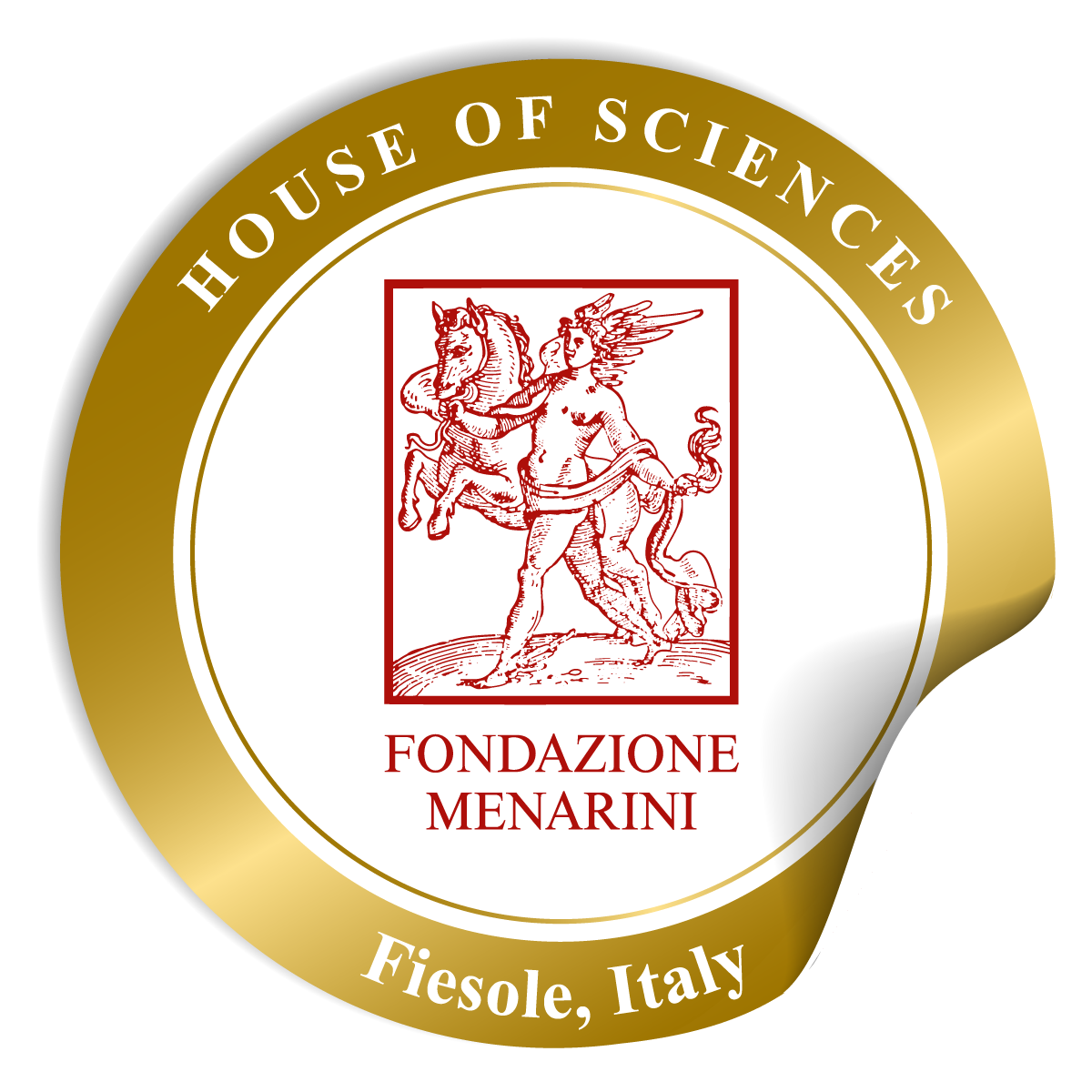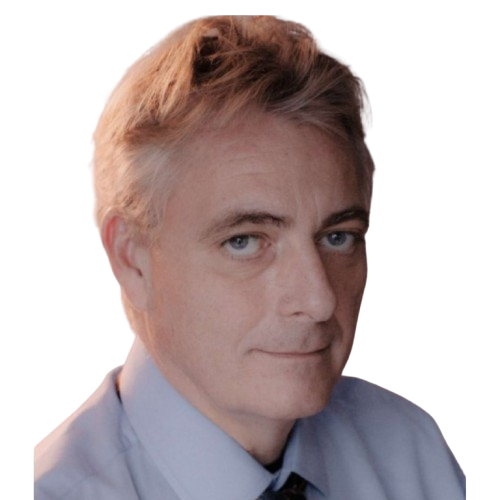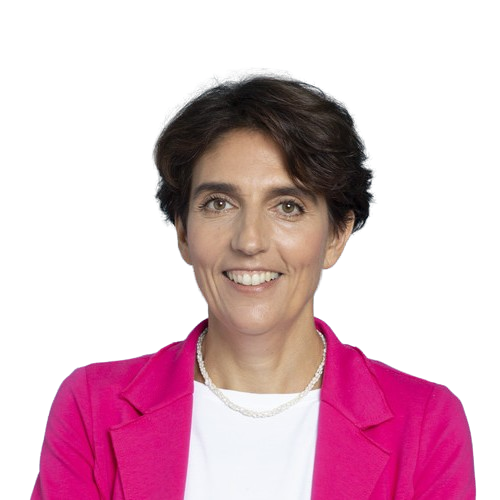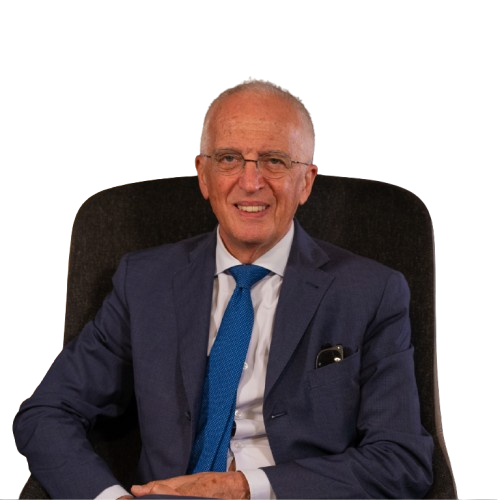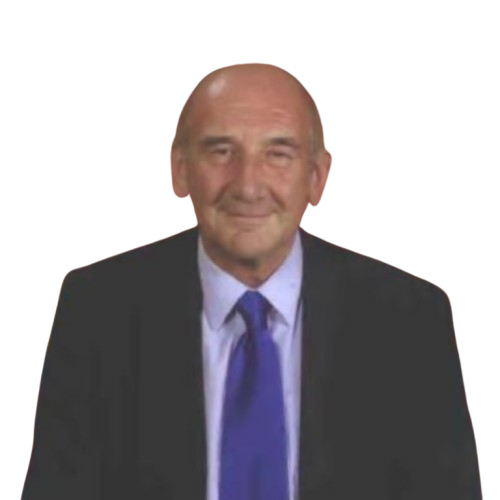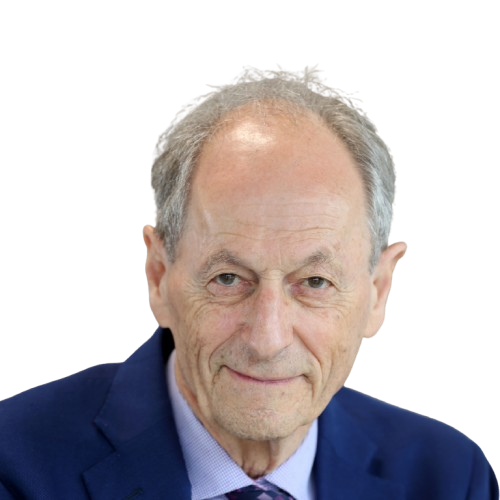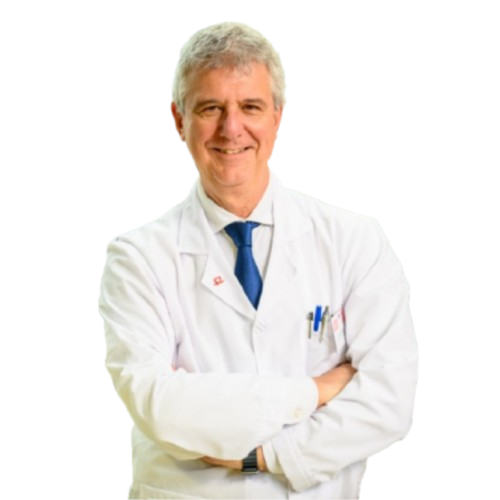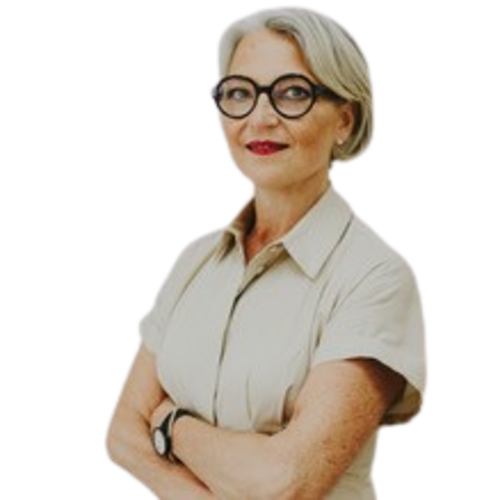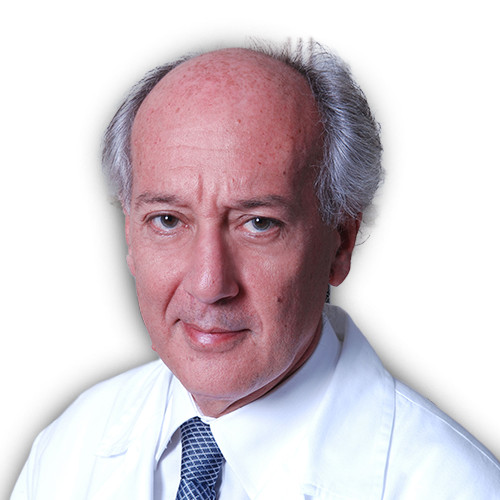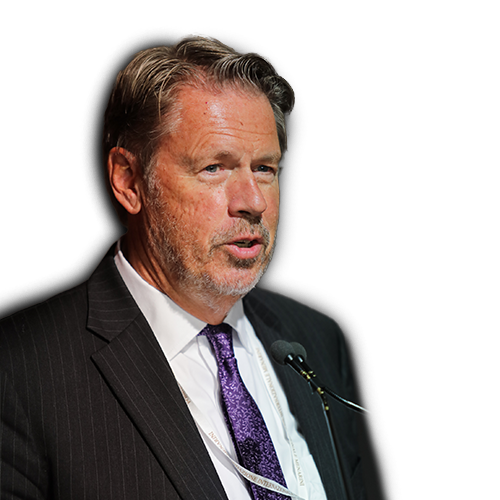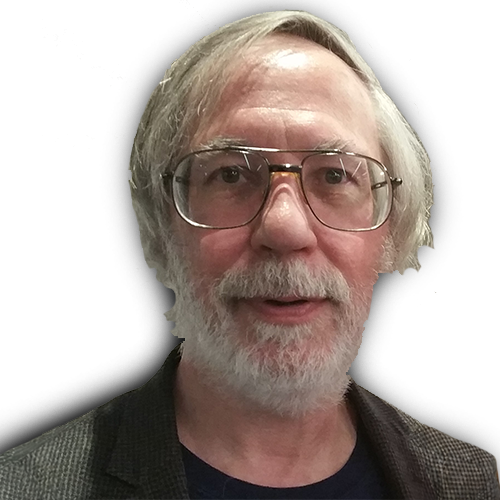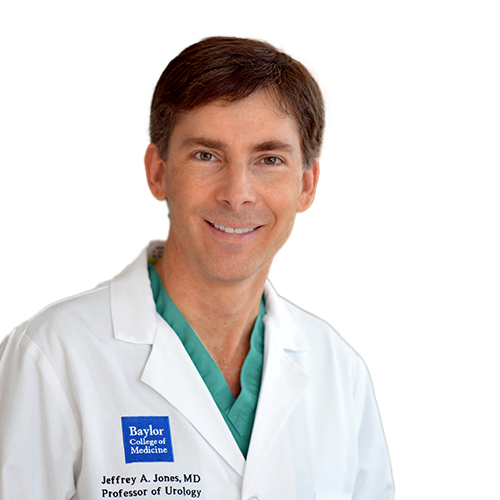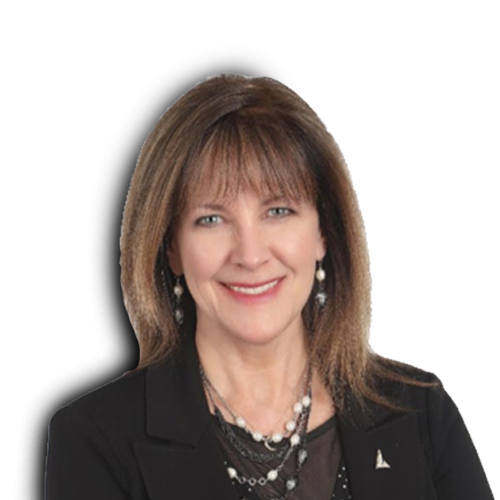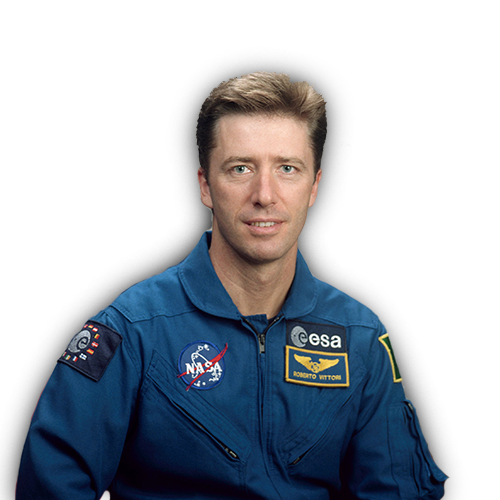Dialogs Beyond Borders is a collection of online interviews with major scientific opinion leaders and Nobel Prize laureates.
The interviews are informal conversations in which the interviewees reveal the challenges they overcame to achieve the professional milestones that earned them recognition in their chosen medical and scientific fields.
The project promotes scientific debate on health issues, and above all aims to inspire those who have chosen to pursue a career in science.
Listen to the experiences of the interviewees and be inspired!
